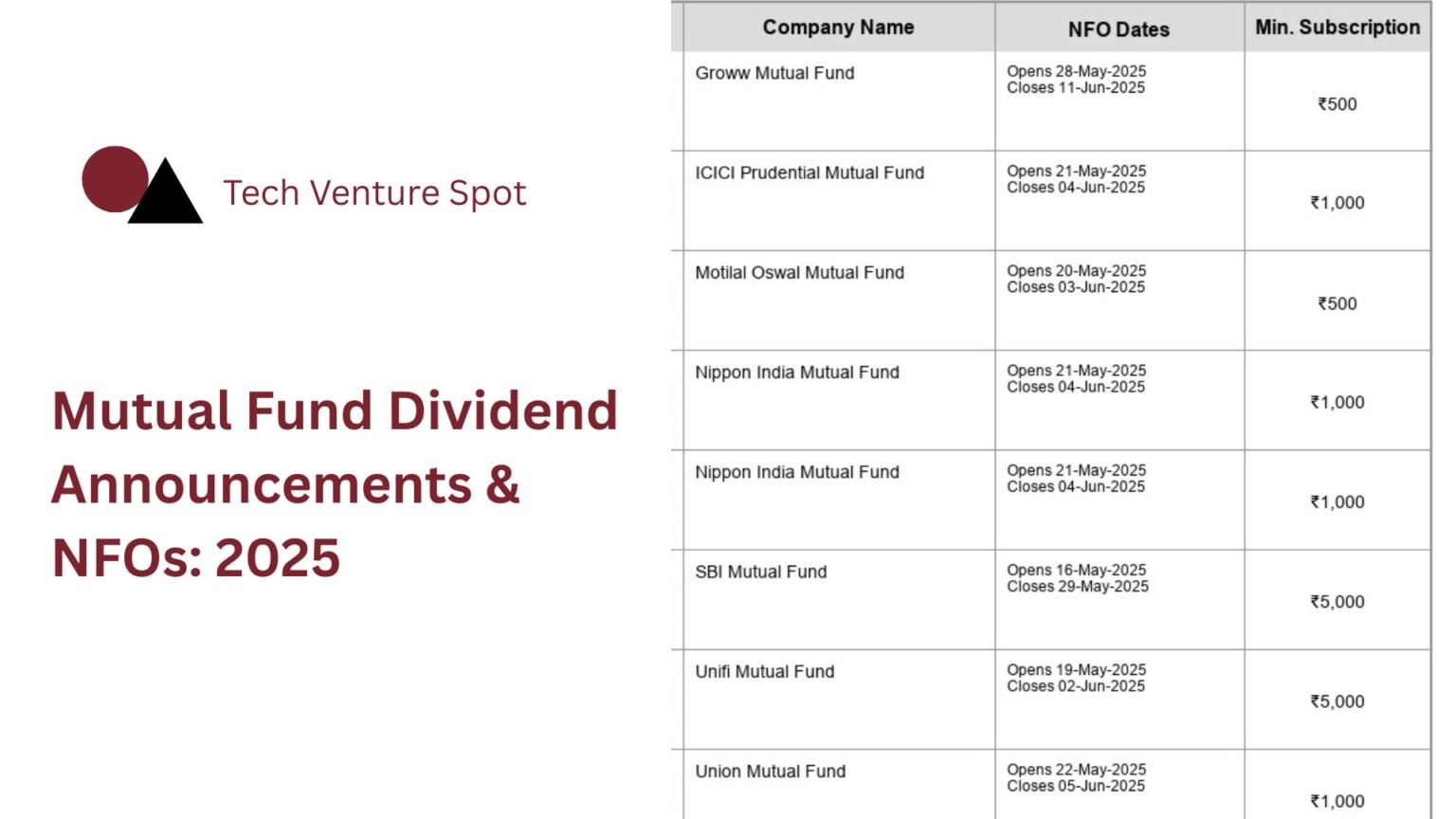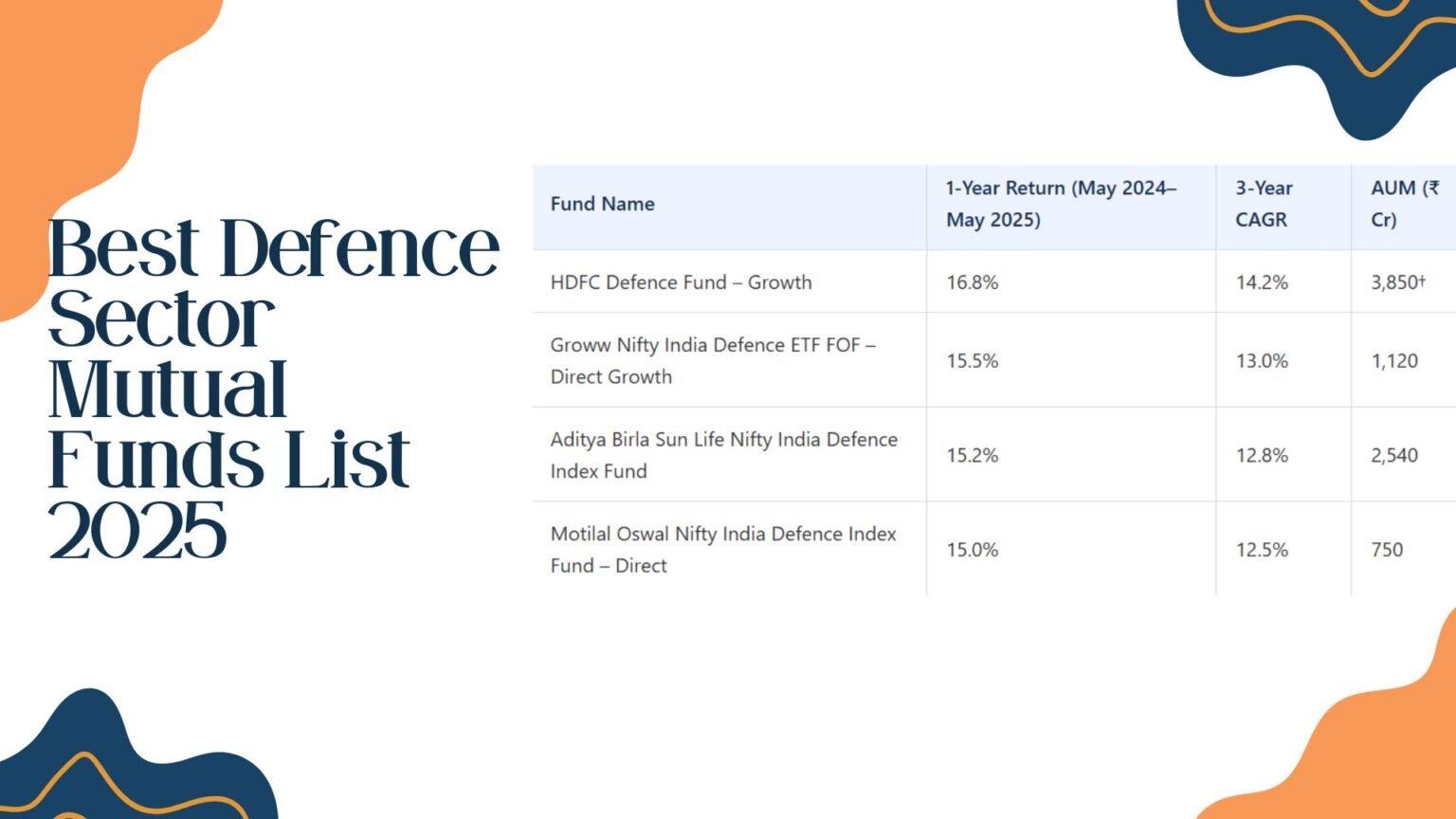Mutual Fund SIP Stoppage Ratio Hits 78% in June
Introduction
In June 2025, the Systematic Investment Plan (SIP) stoppage ratio reached 77.77%. This compares stopped SIPs to new ones. It rose from 72.12% in May and 58.68% in June 2024.
SIP inflows totaled ₹27,269 crore, and SIP accounts increased to 8.64 crore. Assets under management (AUM) grew to ₹15.30 lakh crore. This mix of high inflows and many stoppages reflects investor behavior. Profit-taking, market swings, and changing finances influence their decisions.
Understanding the Surge in SIP Stoppages
What Is the SIP Stoppage Ratio?
This ratio measures halted SIPs against new ones. A ratio above 100% signals more exits than entries, often indicating cautious investors or portfolio shifts.
June 2025 Snapshot
- SIPs discontinued/completed: 48.15 lakh
- May 2025 discontinuations: 42.66 lakh
- June 2024 baseline: 58.68% stoppage ratio
Historical Context: Stoppage Ratio Trend
The average stoppage ratio for FY24 was 52.41%. However, 2025 has seen significant spikes, peaking at nearly 300% in April before settling down.
Key Drivers Behind the Rise
| Reason | What’s Happening | Likely Impact |
|---|---|---|
| Profit Booking | Investors cash out after market gains. | This may cause temporary pauses. SIPs might restart once markets cool. |
| Market Volatility | Sharp swings prompt caution. | This leads to higher stoppages and risks missing a rebound. |
| SIP Tenure Completion | SIPs are reaching their end date. | These exits are structural, not driven by sentiment. |
| Changing Cash Needs | Emergencies or job changes arise. | Forced halts can disrupt long-term compounding. |
| Economic Pressures | Inflation and wage issues affect budgets. | Investors prioritize essentials over investments. |
| Financial Literacy Gaps | Some misunderstand SIP benefits. | This leads to uninformed exits and higher stoppage frequency. |
Also Read: Jio BlackRock Mutual Fund NAV – Latest Daily Updates
Implications for Investors and Industry
Investor Perspective
- Compounding at Risk: Pausing SIPs disrupts rupee-cost averaging.
- Mixed Sentiment: Record inflows show a strong group of committed investors, even though many are pausing their contributions.
Mutual Fund Industry
- Liquidity Concerns: Higher stoppages could strain fund inflows and scheme stability.
- Resilience Signs: Despite a 78% stoppage ratio, June’s ₹27,269 crore inflow and ₹15.30 lakh crore AUM indicate ongoing participation.
Actionable Strategies to Navigate High Stoppages
- Stay Invested During Corrections: Market dips lower your average cost. Experts say a 10-year SIP horizon reduces risk below 1%.
- Maintain an Emergency Fund: Set aside 3–6 months of expenses to avoid disruptions.
- Automate and Review: Use SIP reminders and quarterly reviews to adjust contributions wisely.
- Seek Professional Guidance: Certified advisors can align SIPs with long-term goals.
- Boost Financial Literacy: Join investor education workshops. Read trusted finance publications to clear up SIP myths.
Expert Insights
“SIP closures matter only if net contributions stall. Pausing during volatility can be fine if you resume with discipline.”
“More stoppages might slow new registrations. However, strong inflows show that investor confidence is still strong.”
Conclusion
The 77.77% SIP stoppage ratio in June 2025 shows a divide between cautious investors and those committed to SIPs. Pausing can harm long-term wealth. But discipline can make a difference.
With savings, regular reviews, and expert help, investors can handle volatility. This approach also helps maximize compounding.
Also Read: Top 10 Best Performing Mutual Funds with Highest Returns in Last 10 Years





